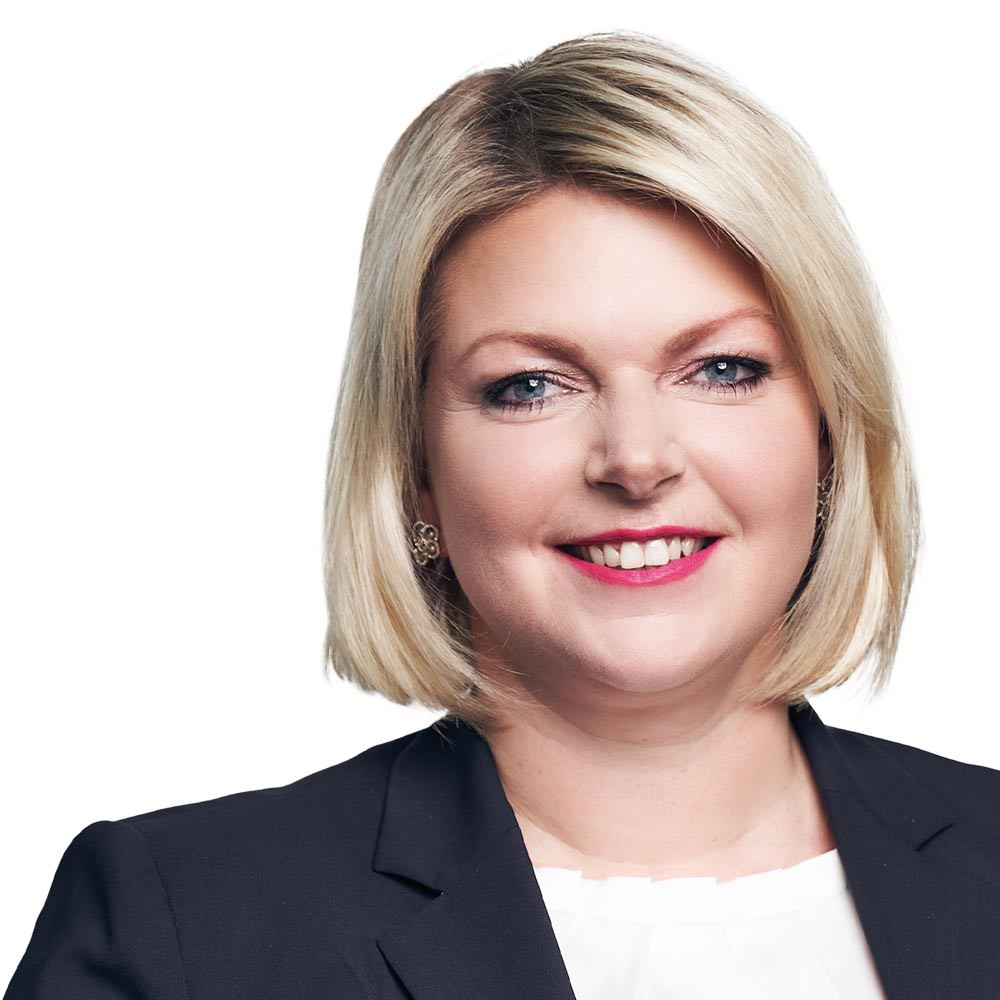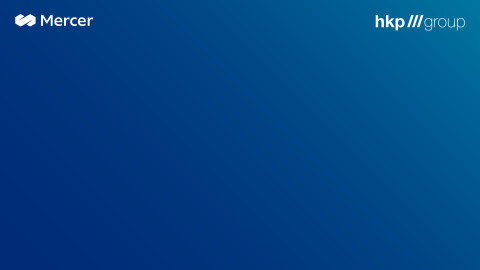- Total compensation for CEOs in the DAX increases by 3.5% to an average of EUR 7.4 million – corporate profits grow by 36%
- Significantly improved compensation reports pick up on investors' requirements
- Analysis from the “hkp/// group Management Board Annual Report Evaluation DAX 2017”
Frankfurt, 23 March 2018. The largest listed companies in Germany (DAX companies) can once again look back on a very successful financial year. The very positive development overall in 2017 is also reflected in the compensation of the DAX CEOs: For example, an increase in the average group net income for 2017 of 36% is accompanied by an increase of 3.5% in paid out CEO compensation in DAX. The average total compensation of a DAX CEO in the 2017 financial year is thus approximately EUR 7.4 mil.
In the compensation rankings, the salary of the CEO from SAP, at EUR 21.15 million, represents a historic peak among the DAX companies and, according to information currently available, also tops all European companies. Unlike in previous years, when the value of EUR 10 million was only occasionally breached, a total of five companies exceeded this value in 2017.
The compensation reports for 2017 show a clear increase in the level of transparency and comprehensibility, in particular regarding the performance targets and target achievement levels. By voluntarily complying with the recommended disclosure templates of the German Corporate Governance Code (DCGK), German companies continue to be the world leaders in terms of reporting compensation levels and offer significantly more transparency than the outdated statutory provisions. For example, the DCGK payout tables for the 2013 to 2017 financial years brought to light the fact that for the CEOs alone, around EUR 24 million of compensation was paid to the management board, which would otherwise have never been disclosed. Taking into account all members of the management board along with the company pension schemes not published in the HGB, around EUR 500 million of paid out compensation has become visible over the past five years.
These are the findings of the "hkp/// group Management Board Annual Report Evaluation DAX 2017” analysis. It is based on the data from 29 published annual reports of companies listed in the DAX index for the 2017 financial year. The compensation report for Commerzbank, which is also listed in the DAX, is not yet available. The analysis incorporates all elements of compensation, including pensions and fringe benefits, according to DCGK standards, and represents the actual compensation paid out.
“With a modest 3.5% increase in compensation, companies are lagging well behind their earnings growth and yet are still setting a new compensation record. Annual bonuses in particular saw a significant increase due to the extraordinarily positive 2017 business year” explains hkp/// group Managing Partner Michael H. Kramarsch.
Compensation record – but no change to top national compensation
The current top compensation of the DAX CEOs in office the whole year round is held by SAP, as in the previous year: EUR 21.15 mil. total compensation in 2017 also marks the highest compensation value for a DAX CEO since the requirement to disclose individual compensation in Germany in 2006. At a considerable distance from SAP, as in the previous year, Daimler follows at EUR 13.04 million. With EUR 2.82 million, the CEO of RWE is at the bottom of the list for DAX CEOs.
Top 3 compensation DAX CEOs 2017 | Total compensation
- SAP | EUR 21.15 mil.
- Daimler | EUR 13.03 mil.
- BASF | EUR 10.96 mil.
Lowest 3 compensation DAX CEOs 2017 | Total compensation
- Beiersdorf | EUR 3.57 mil.
- Pro7Sat.1 | EUR 3.47 mil.
- RWE | EUR 2.82 mil.
Along with the compensation record, the accumulation of compensation of more than EUR 10 million in 2017 is striking: Of the 15 DAX CEOs who achieved a compensation above this level since 2013, five have been the result of the 2017 business year. These include BASF, Daimler, SAP, Siemens and VW.
According to the most current compensation reports, these companies therefore lie significantly above the average compensation of European CEOs (STOXX companies: EUR 6.67 mil.), although below the US (Dow Jones: EUR 14.36 mil.).
Investor criticism paying off: improved presentation of “pay for performance”
In the current analysis, all companies follow the DCGK recommendations regarding the disclosure of compensation levels. In addition, they have also made significant improvements in presenting their compensation systems, in particular around “pay for performance.” The compensation reports of the DAX companies are now more clearly structured, supported with more illustrations than ever before, and more comprehensible to international readers such as investors.
“Major international investors and proxy advisors in particular had recently very clearly criticized the presentation of the ‘pay for performance’ system in the compensation reports and had also voiced this criticism very prominently in Annual General Meetings” reflected hkp/// group Partner Regine Siepmann. “The companies took note of the signals and made the appropriate changes. This should also be reflected in the improved approval rates for the 'Say on Pay' decisions”, explains the Corporate Governance expert.





